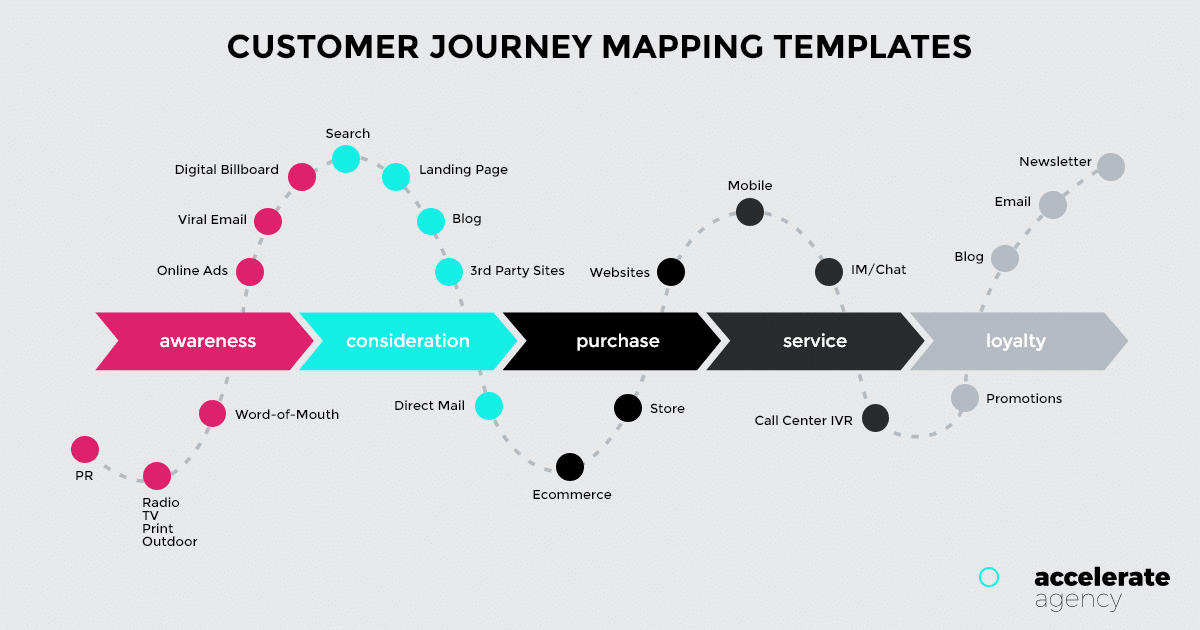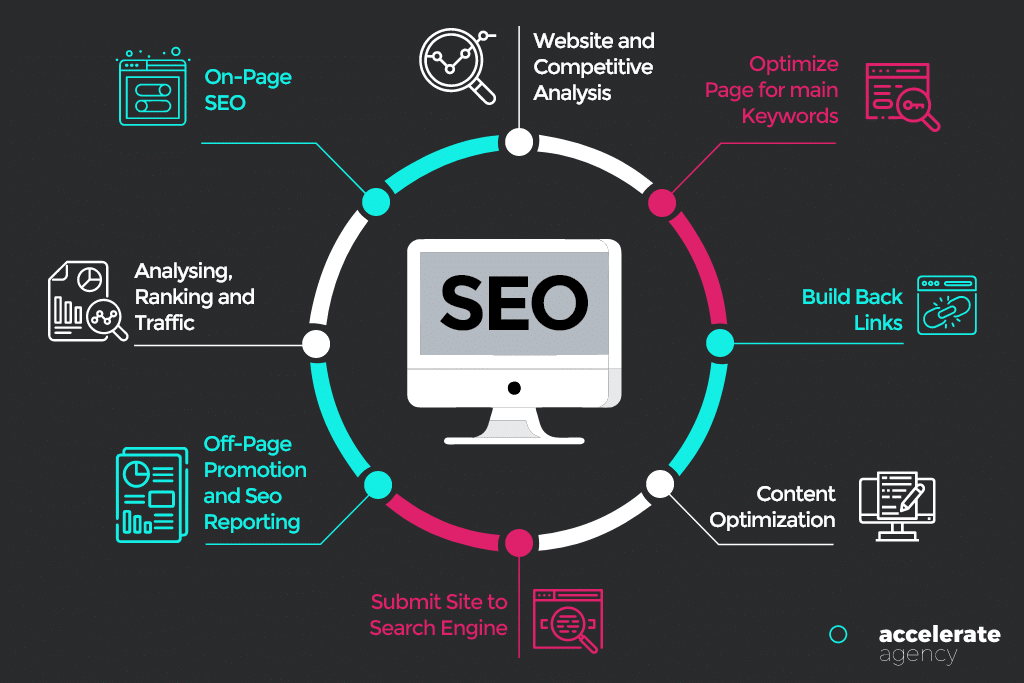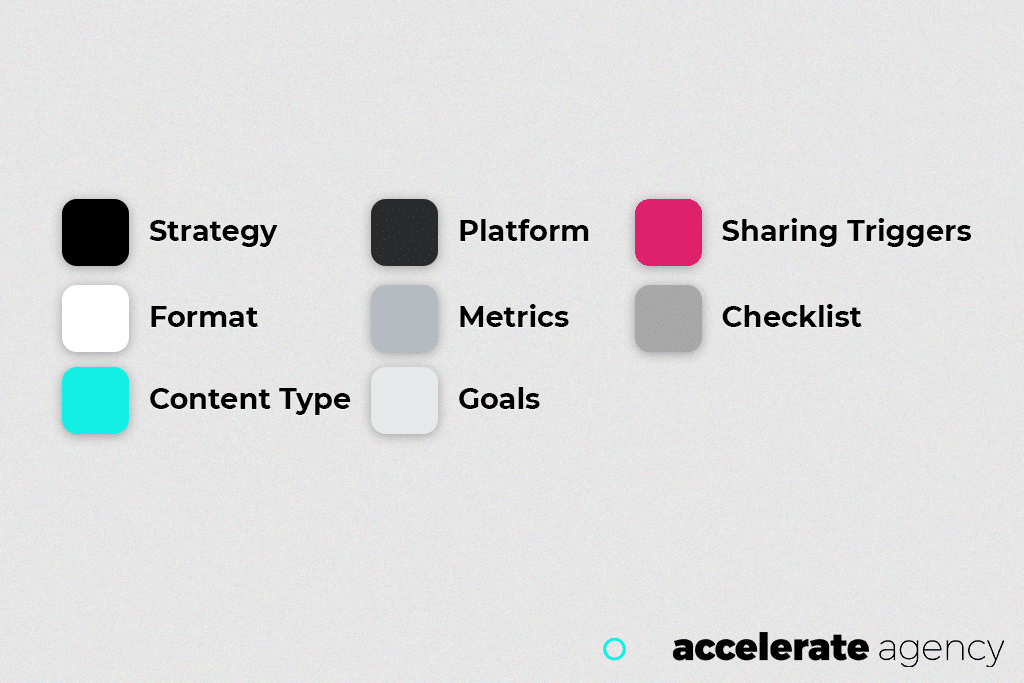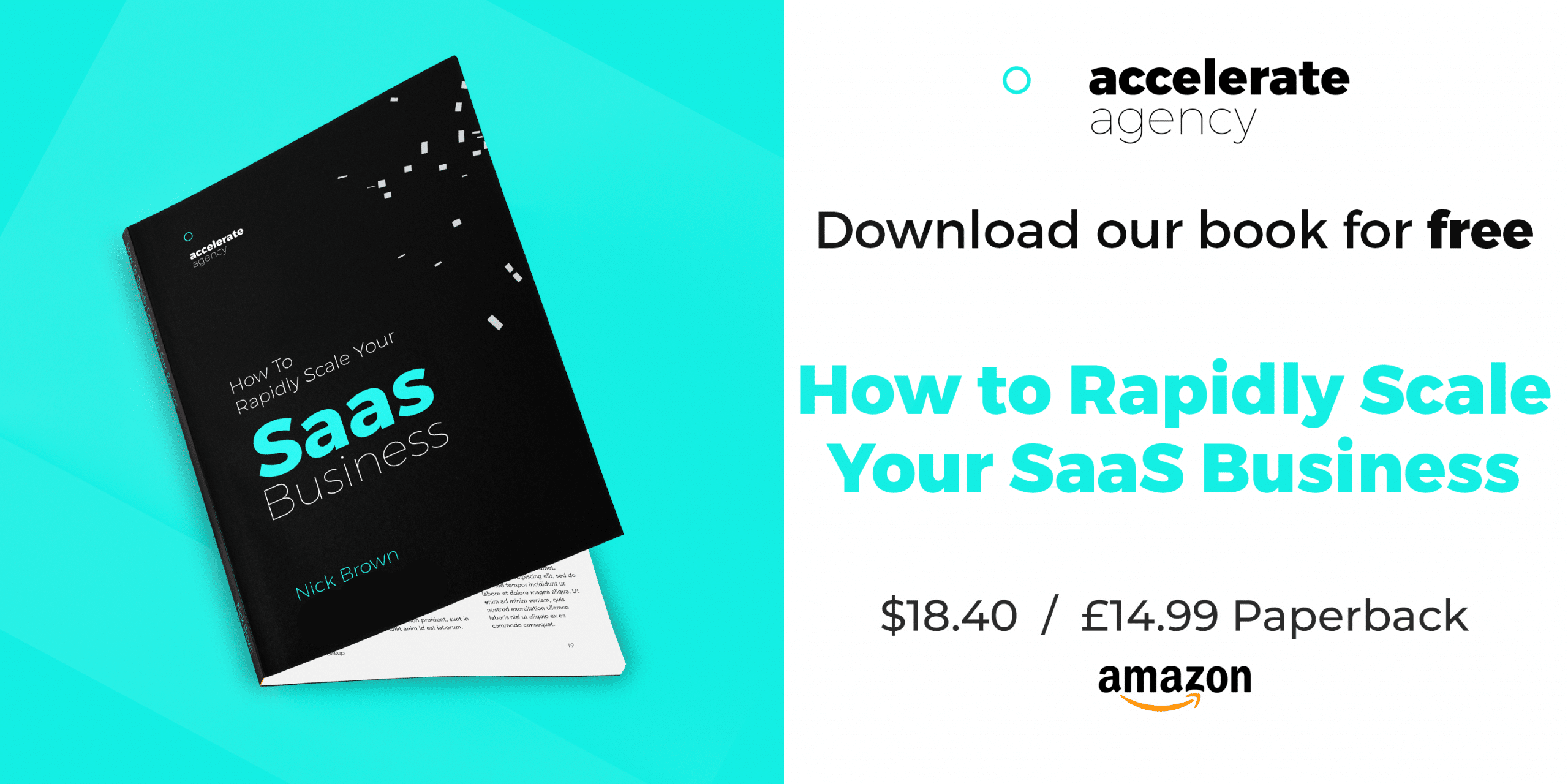SaaS SEO Guide
9 Top SaaS Website Copywriting Techniques to Upgrade Your Content
Book a FREE SEO Strategy Consultation >
Further Reading:
- SaaS SEO Strategy
- SaaS SEO Checklist
- SaaS Technical SEO
- SaaS SEO Audit
- SaaS Keyword Research
- SaaS SEO Content
- SaaS SEO Copywriting
- E-A-T for SaaS
- Enterprise SaaS SEO
- SaaS SEO Metrics and KPI's
- SaaS SEO Attribution
- VOIP and Telecommunications SEO Strategy
- SaaS Link Building
- Payroll and Finance SaaS SEO
- SaaS SEO Agency
- SaaS Link Building Agency
Finding the words to describe a piece of software is a little more difficult than, say, a burger or a shiny handbag. It’s not colorful. It can’t really be “seen”. It’s less visual and more features-driven.
It’s also a lot harder to get creative with jargon like CRM and ERP (if you don’t know what they mean, don’t worry, that’s kind of the point). SaaS website copywriting needs to bring out features not typical to most product descriptions.

Content marketing for SaaS needs to be tailored and specific. It needs to fuse technical jargon with simplicity, putting users first.
That’s where SaaS copywriting comes in. It’s succinct, clear, and leads readers to follow a CTA. But what makes SaaS copy different to other types of writing?
To help you quickly find what you’re looking for, we’ve separated this post into sections.
Use the following links to quickly jump to a section:
9 top SaaS website copywriting tips to upgrade your content
You’ve got two options when it comes to SaaS website copywriting. Do it in-house or get external support from industry specialists.
01. What is a SaaS copywriter?
Let’s take a look at what a SaaS website copywriting actually does.
SaaS copywriters are the technical wizards of the copywriting world. They know their tech lingo. They know their ACLs from their AVLs. They also know how to turn those complex topics into readable, interesting pieces of content that readers understand and even enjoy reading.
If anyone knows about the art of simplicity, it’s them.
That’s why SaaS companies shouldn’t just bring any old copywriter in to handle their content marketing. They should pick those that have a background in SaaS or technical writing. Or better still, trust an organization like accelerate agency that specializes in all aspects of scaling SaaS businesses.
Curious about how you can upgrade your SaaS website content and convert readers with succinct, crystal-clear copy? We’ve created a mini guide with nine top tips to help you navigate the ins and outs.
02. 9 Top SaaS website copywriting tips to upgrade your content
1. Write simply and know your customer’s journey

Before you put pen to paper, you’ve got to know which stage of the customer journey your readers are at.
Think about your ideal target audience. Do they already know about the service you provide? Are they clued up on all of the jargon and just need to make a decision? Or do they need you to educate them a little on what the service is all about?
Gauging their stage of awareness will help you craft your copy to suit their needs. If you’re bringing to market a new technology, they’ll probably need a bit more information. If it’s a product that they already know and understand, then you can be a little briefer.
There’s one thing that’s important no matter where they are in their journey, and that’s simplicity. It doesn’t matter if they’re a tech wizard themselves, your copy should still be succinct and clear to its readers.
Your copy should help them understand exactly what your service provides, its benefits, and how they can make a purchase.
This doesn’t mean you can’t use jargon, just don’t go overboard. Think about your customer, and how you can phrase a sentence in the simplest way possible.
For SaaS businesses, you’ll need to create content that spans all stages of the customer journey. What’s critical is that you know which piece of content fits where.
Book a Consultation
2. Fuse in some storytelling
It’s a little harder to get someone excited about something that’s not a physical product. You haven’t got the luxury of describing how wonderful it looks, tastes, feels, or smells. You’ve got a bunch of technical features, and you’ve somehow got to make it seem magical.
The solution? Brand storytelling. Take users on a journey. Open with their pain points and the problems they’re facing (AKA, the antagonist). Present a solution; your SaaS service (the protagonist). Illuminate the benefits and how it will add spark to your customer’s life.
Weave in a bit of humour where you can (ideal for blog posts) and sprinkle in a few references. An easy place to get creative is with your headlines and subheadings. These are the things that will stand out to readers, so hook them with something bold.
3. Know your brand TOV
Make sure you know your brand’s TOV (tone of voice). Are you serious and technical with a side of funny? Happy-go-lucky? It’s important to implement it across your site and be consistent with your tone, because it’s pretty much the marker of your brand.
Think of it as your brand’s house dressing. It’s what people will recognize you for, and what will separate you from other brands. You should also be using your TOV to inform your entire SaaS marketing strategy, as it will help current and prospective customers connect to and engage with you even more.
4. Be customer-centric
It’s not bad to use “we” language all the time. After all, you’re going to have to mention your brand and services, just make sure you complement it with customer-centric language.
Address their pain points, make the bulk of the copy about them and their needs, and use verb-first sentences to place the reader at the centre of the action.
5. Implement SEO tactics

Creating crystal-clear, amazing copy is great, but only if you can actually get new readers looking at the content. This is where the power of SEO comes in. If you really want to get to grips with the SEO side of your content marketing, our SaaS SEO agency can help. accelerate agency caters exclusively to the SaaS niche, helping clients expand their organic digital footprint at pace. Take a look at our SaaS case studies for more information, or get in touch and book a consultation with one of our specialists below:
You don’t need to be an expert, though, to nail the basics.
Here are some basic pointers to optimizing your SaaS website copy:
- Use targeted keywords in your copy. Try to figure out which keywords rank well within your niche by conducting an in-depth keyword research exercise. What do your customers search for when looking up your industry? Just be careful to avoid keyword stuffing (AKA, filling your copy with unnatural and forced keywords). Your readers are still human, so make sure your copy flows naturally.
- Include internal links within your content linking to other content pages on your website. This will direct readers to new pages, and is especially useful when linking out to a product or service. Internal linking also promotes better crawlability across your site, something that Google likes to see on websites that it ranks.
- Optimize your headlines with targeted keywords, power words, and numbers. This is known to increase SEO ranking performance.
- Offer to write guest posts on trustworthy, high authority websites and link back to your site. This is considered a valid link building strategy. This will demonstrate to search engines that others trust your content, which can help your pages to rank better.
6. Benefits before features
Your customers don’t care about the technical features of your service. Well, they do, but they care more about what it can do for them.
They haven’t all got all day, so instead of writing at length about your technical features, focus on the benefits first. What will potential customers get out of your product? What separates it from other brands? How will their life look with it, and how will it change it for the better?
This is a great opportunity to weave in a bit of brand storytelling. As we’ve mentioned previously, address the pain points and provide a solution; your SaaS product.
This is one place where you can get a little more personal and emotional with your readers. Sympathize with them. Use adjectives and action verbs to describe the benefit they’ll receive, and leave them wanting more. This will entice them to want to try your product, and this ties in nicely with our next tip.
7. Include CTAs
Once you’ve hooked readers on what your product can an offer, it’s time to move them on to the next stage of the customer journey. This is where CTAs (calls-to-action) come in.
This is the place to pique their curiosity even further, pushing them to follow through and perform whatever action you’ve requested (whether that’s signing up to a free trial, a newsletter, or looking at your pricing options).
8. Use social proof
The proof really is in the pudding, so consolidate your copy with data, client testimonials, and social media proof of your product’s success and all-around usability.
It’s easy to say you’re the best, but getting in a few hard facts and reviews from happy customers will make you seem more trustworthy to potential customers. After all, if other people are raving about the service it’s probably pretty good (herein lies the beauty of social proof).
9. Structure
You’ve got amazing copy, but what about your structure? If it’s all over the place, it’s going to affect the user experience. Most readers will scan through your content, so you’ve got to make sure it’s structured and digestible. Avoid long, overflowing paragraphs and use bullet points where possible.
You’ve got two options when it comes to SaaS website copywriting. Do it in-house or get external support from industry specialists.

If you want to save time, optimize for search, and create a solid content strategy that gets returning readers and converts, accelerate agency might be just what you’re looking for.
We combine industry knowledge with strategic copywriting to help you get the results you need. We know words don’t mean much without proof, so we’ll let our case studies do the rest of the talking.
